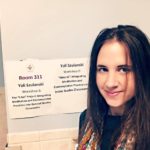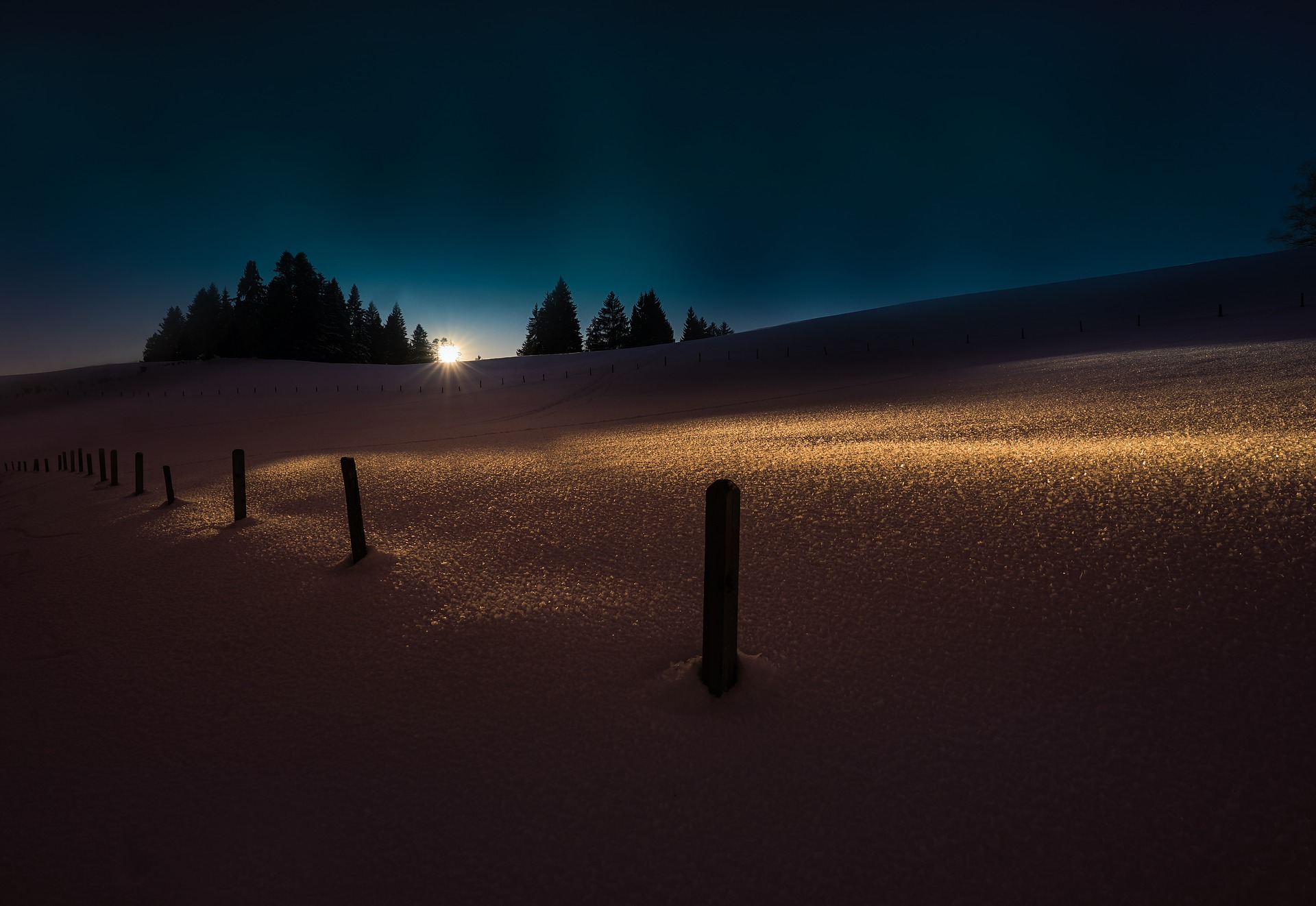“The plague of darkness evokes imagery of desperation, fear, and of dark times. It is the plague, perhaps, that most echoes the time we live in now.”
Parashat Bo occurs in anticipation of Bne’i Israel’s exodus from Egypt. Here, the last three plagues coincide with a divine hardening of Pharaoh’s heart to bring our ancestors into freedom. This journey, which brings us to Torah and mitzvot, is led by a beam of light that bursts forth after generations of darkness. The penultimate plague – where the Israelites enjoy light, while the Egyptians suffer thick, stifling darkness (Exodus 10:23), must have left many Israelites grappling with an existential crisis – of faith and the future. The plague of darkness evokes imagery of desperation, fear, and of dark times. It is the plague, perhaps, that most echoes the time we live in now. The world currently oscillates between darkness and uncertainty and pockets of light. Yet while some experience this light, others still suffer. When we aren’t quite sure about what moves about in the shadows, we fear what is there – and what it wants from us. Sometimes, though, the unknown of the darkness can bring about the possibility of hope – that light lives somewhere, even if not with us in this moment.
In a sense, the Israelites – and us – are given a chance at this renewal every seven years with Shmita. We are asked to think about our obligations to the environment that surrounds us, which expands out to the broader Jewish world, and to our neighbors in each of our communities. Shmita exists to evoke togetherness, cooperation, and the lifting up of others; yet in times of travail, how does one keep from only focusing on the self? On our own light?
We live in a pandemic time, a reality of darkness that still envelops the Earth, morphing into deeper, harder to understand iterations. Even as light dawns, we will be left with the deep wounds of the deep disruption of the lives of millions of people, entire communities ravaged by housing insecurity, unemployment, and socioeconomic devastation, and the lingering trauma that we have yet to understand. The echoes of Parashat Bo in this shmita year implore us to look out into this uncomfortable darkness, and share from our light. It may manifest in nations caring for nations, neighbors for neighbors or simply in the chesed of sharing light with those that cannot see what is in front of their eyes. We can work towards a world of cooperation, understanding, one where we emerge from darkness to freedom.
 Yali Szulanski is a teacher, writer, spiritual educator, and life-long learner. She is the Youth Director at The Hebrew Institute of Riverdale and founder of The “I Am” Project/”אני “פרויקט , an integrative program which introduces four-body (spiritual, emotional mental, and physical) self-care into the secular and Judaic classroom. Yali’s vision is to create robust, engaging, inclusive, and evolving spaces for people going through life’s big and little changes. Yali received her Masters in Psychology and Education from Teachers’ College, Columbia University, and has been a teacher for over a decade. She is currently enrolled in Yeshivat Maharat’s Core Semicha program.
Yali Szulanski is a teacher, writer, spiritual educator, and life-long learner. She is the Youth Director at The Hebrew Institute of Riverdale and founder of The “I Am” Project/”אני “פרויקט , an integrative program which introduces four-body (spiritual, emotional mental, and physical) self-care into the secular and Judaic classroom. Yali’s vision is to create robust, engaging, inclusive, and evolving spaces for people going through life’s big and little changes. Yali received her Masters in Psychology and Education from Teachers’ College, Columbia University, and has been a teacher for over a decade. She is currently enrolled in Yeshivat Maharat’s Core Semicha program.





Comments are closed.